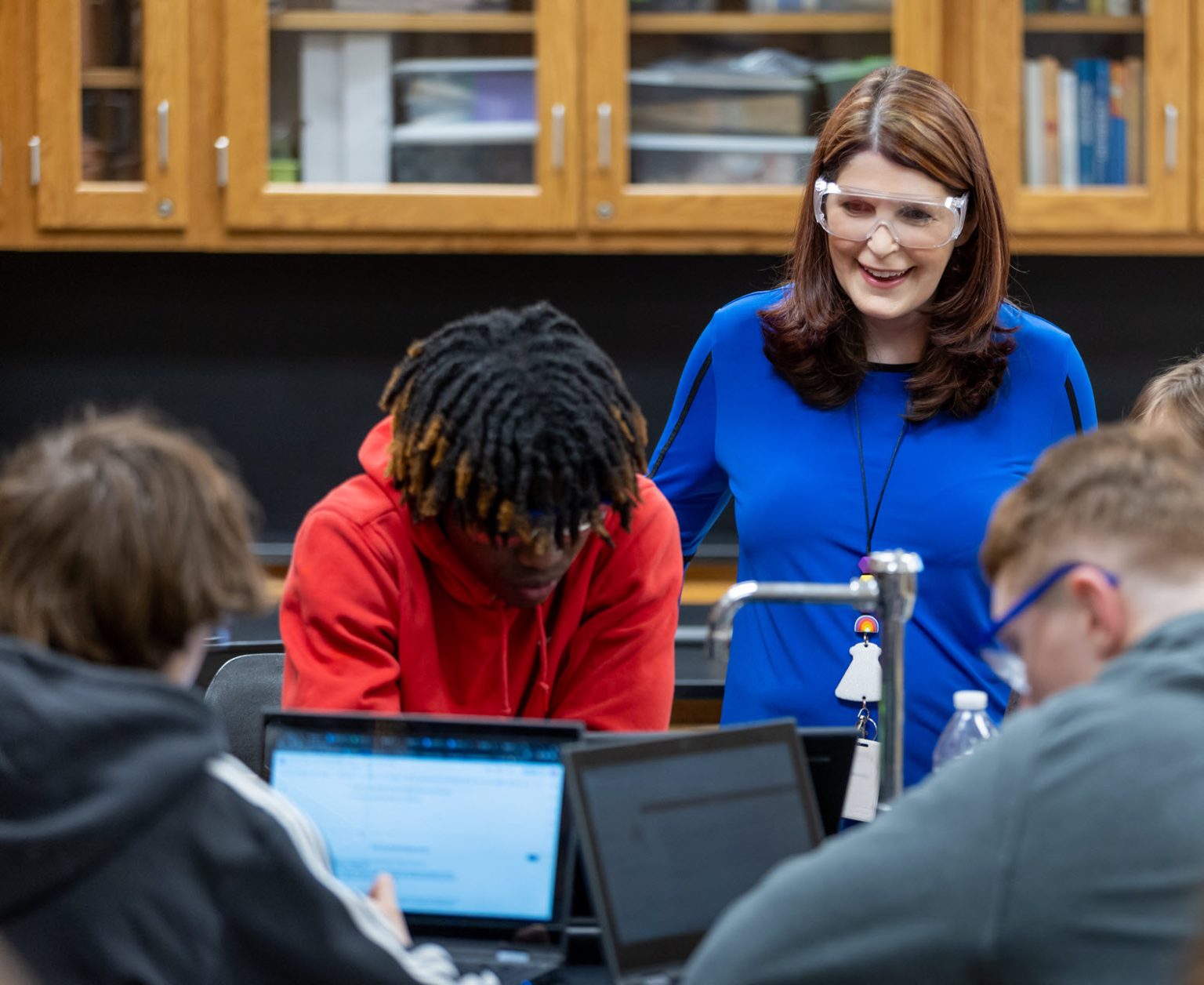Melissa Higgason, a chemistry teacher in Hobart, Indiana, has implemented a creative way to help students understand abstract chemistry concepts by using marshmallows and water bottles, a strategy suggested by Khanmigo for Teachers. Online education platform Khan Academy recently announced a partnership with Microsoft Azure, which involves shifting a portion of its cloud workload to Microsoft’s AI cloud infrastructure. This partnership will allow Khan Academy to offer Khanmigo for Teachers free of charge to K-12 educators in the U.S., with the AI assistant now powered by the Azure OpenAI Service.
Previously, Khanmigo for Teachers cost $4 per month to cover the expenses of developing, testing, and deploying the AI technology to educators. Khan Academy, a Google Cloud customer based in Mountain View, California, is now engaging in a partnership with Microsoft, showcasing the competitive nature of cloud platforms in the realm of AI technology. Tech companies such as Microsoft have a history of providing free or reduced-price software and hardware to schools in order to foster loyalty to their platforms and drive long-term user engagement.
Khanmigo for Teachers is a platform that integrates with Khan Academy content, simplifying the process of creating lesson plans, quizzes, and other educational tasks. The primary goal is to enable teachers to allocate more of their time to directly engage with students. Microsoft’s partnership with Khan Academy also involves collaborating to enhance online math tutoring using Phi-3, an AI technology from Microsoft based on a small language model that is designed to be efficient and lightweight. Additionally, Microsoft will work with Khan Academy to incorporate more of its content into Microsoft’s Copilot AI assistant and Microsoft Teams for Education.
This partnership between Microsoft and Khan Academy was unveiled at the Build developer conference in Seattle, showcasing the companies’ commitment to leveraging AI technology to enhance educational experiences for both teachers and students. The collaboration between these two entities reflects the broader trend of tech companies investing in educational initiatives to support teachers and students. By integrating advanced AI technologies into educational platforms, Microsoft and Khan Academy are aiming to revolutionize the way teachers interact with students and streamline the process of creating and delivering educational content.
Overall, the partnership between Microsoft and Khan Academy illustrates the strategic importance of integrating AI technology into the educational landscape. By leveraging the capabilities of Microsoft Azure and AI services, Khan Academy aims to provide K-12 educators in the U.S. with access to innovative tools that can enhance the teaching and learning experience. This collaboration represents a significant step forward in the evolution of educational technology, highlighting the potential for AI to transform traditional teaching methods and empower educators to create more engaging and personalized learning experiences for students.


